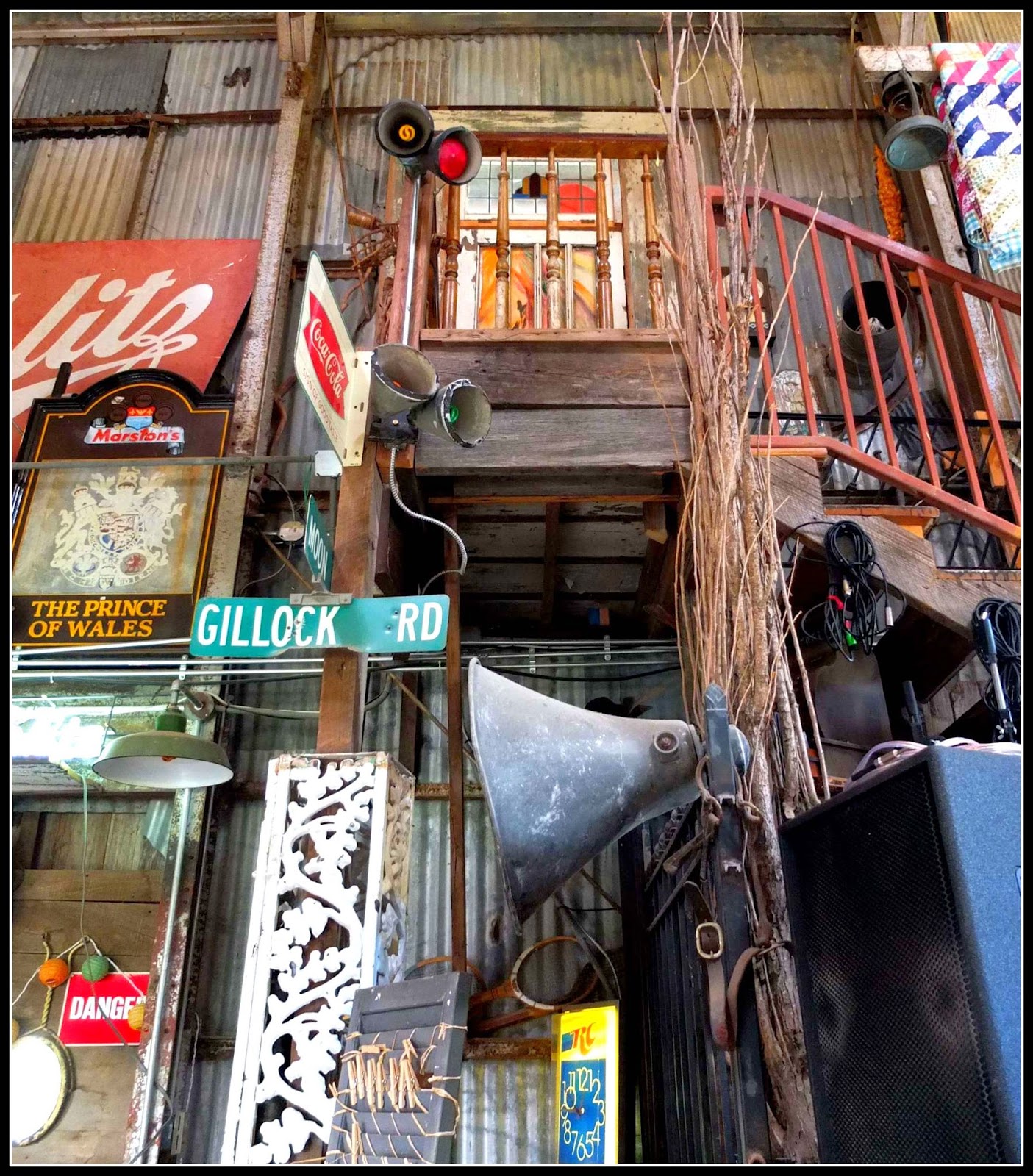Muddy Waters's Cabin - Clarksdale
In August 1941, on a field recording expedition sponsored by the Library of Congress and Fisk University, Alan Lomax and John Work set up portable equipment in Waters' house to record Muddy and other local musicians, including fiddler Henry "Son" Simms. Lomax returned with Lewis Jones in 1942 for a second series of recordings. Two of Waters' recordings, "Burr Clover Farm Blues" and "Burr Clover Blues," paid tribute to plantation owner Colonel William Howard Stovall (1895-1970) and his crop. The Stovalls, one of the Delta's most successful cotton-farming families, were pioneers of agricultural technology, and Colonel Stovall invented the burr clover seed harvester in 1935. Waters told Lomax that he wrote "Burr Clover Blues" at Stovall's request. Waters entertained field hands at his house, which served as a juke joint, and also played at social functions for the Stovalls, as did the Mississippi Sheiks, a popular black string band that Waters admired.
Waters' cousin, The Reverend Wilie Morganfield (1927-2003), was born on the Stovall plantation and turned down offers to sing the blues and devoted his talents to the church, becoming a popular gospel recording artist in the 1960s. He was pastor of the Bell Grove Missionary Baptist Church in Clarksdale. Blues singer-pianist Eddie Boyd (1914-1994), who wrote the classic "Five Long Years," a No. 1 rhythm & blues hit in 1952, was also born on Stovall. Stovall resident and blues bassist David "Pecan" Porter (1943-2003) later lived in the house that Muddy Waters had earlier occupied. Porter was active on the Clarksdale blues scene from the 1960s through the 1990s.
Only in the 1980s, after the vacant house was in disrepair, did tourists begin visiting it as a Muddy Waters shrine. In 1987, guitarist Billy Gibbons of the rock group Z.Z. Top had "Muddywood" guitars crafted from the planks of the house. Z.Z. Top subsequently used the guitars to promote a fund-raising drive to benefit the Delta Blues Museum. content © Mississippi Blues Commission
Hopson Planting Co. - Clarksdale
One of the major factors behind the “great migration” of African Americans from the South to northern cities was the mechanization of agriculture, which diminished the need for manual laborers. In 1944 the Hopson Planting Company produced the first crop of cotton to be entirely planted, harvested, and baled by machine. Blues pianist Joe Willie “Pinetop” Perkins was a tractor driver here at the time. He later played in the band of Muddy Waters and enjoyed a successful solo career.
Cotton and the blues are intimately connected, and one popular explanation for the predominance of blues in the Delta is the great concentration of African Americans whose labor was required for the cultivation of cotton here. Fieldhands who could play guitar or piano provided entertainment for other workers, and sometimes pursued music as a profession to get out of the backbreaking work in the fields. Blues performers have recalled making more money playing on Saturday nights than laborers would earn in a whole week.
Here at Hopson in the 1940s pianist Joe Willie “Pinetop” Perkins managed to keep a foot in both worlds, working as a tractor driver and as a professional entertainer. While living in the Delta Perkins worked in local jukes with artists including Lee Kizart and Robert Nighthawk, and performed on the radio show King Biscuit Time with Sonny Boy Williamson No. 2 (Rice Miller) on KFFA in Helena, Arkansas. The live program was broadcast weekdays at 12:15 p.m. when agricultural workers were at home eating lunch. Perkins, who remembered John Lee Hooker sometimes playing here at Hopson, later taught Ike Turner to play piano.
According to military records Perkins was inducted into the Army in June of 1943, but he recalled that the plantation owners were able remove him from a bus of draftees, as tractor drivers were deemed essential to the war effort. Other bluesmen who served as tractor drivers during World War II included B.B. King, Son House, and Muddy Waters. As a tractor driver, Perkins played an important role in mechanization of cotton production, as the Hopson Planting Company was at the forefront of this transformation. From the ’20s through ’40s engineers from the International Harvester Company tested and developed tractor-mounted cotton pickers at Hopson. In 1944 they succeeded in harvesting a crop using only machines, and the technology was soon implemented across the South, resulting in changes including the replacement of the sharecropping system with wage labor and the destruction of the abandoned homes of displaced workers.
Perkins left the Delta in the late ’40s, and worked for many years in bands with Earl Hooker, Muddy Waters, and others. He began returning to the Delta to perform after appearing at the first King Biscuit Blues Festival in Helena in 1986. He became a regular at the annual Helena festival as well as at Hopson, where an annual celebration was inaugurated in his honor in 2001. Perkins was also honored with a Mississippi Blues Trail marker in his hometown of Belzoni in 2008. content © Mississippi Blues Commission
Bluesberry Cafe





































































































Keine Kommentare:
Kommentar veröffentlichen